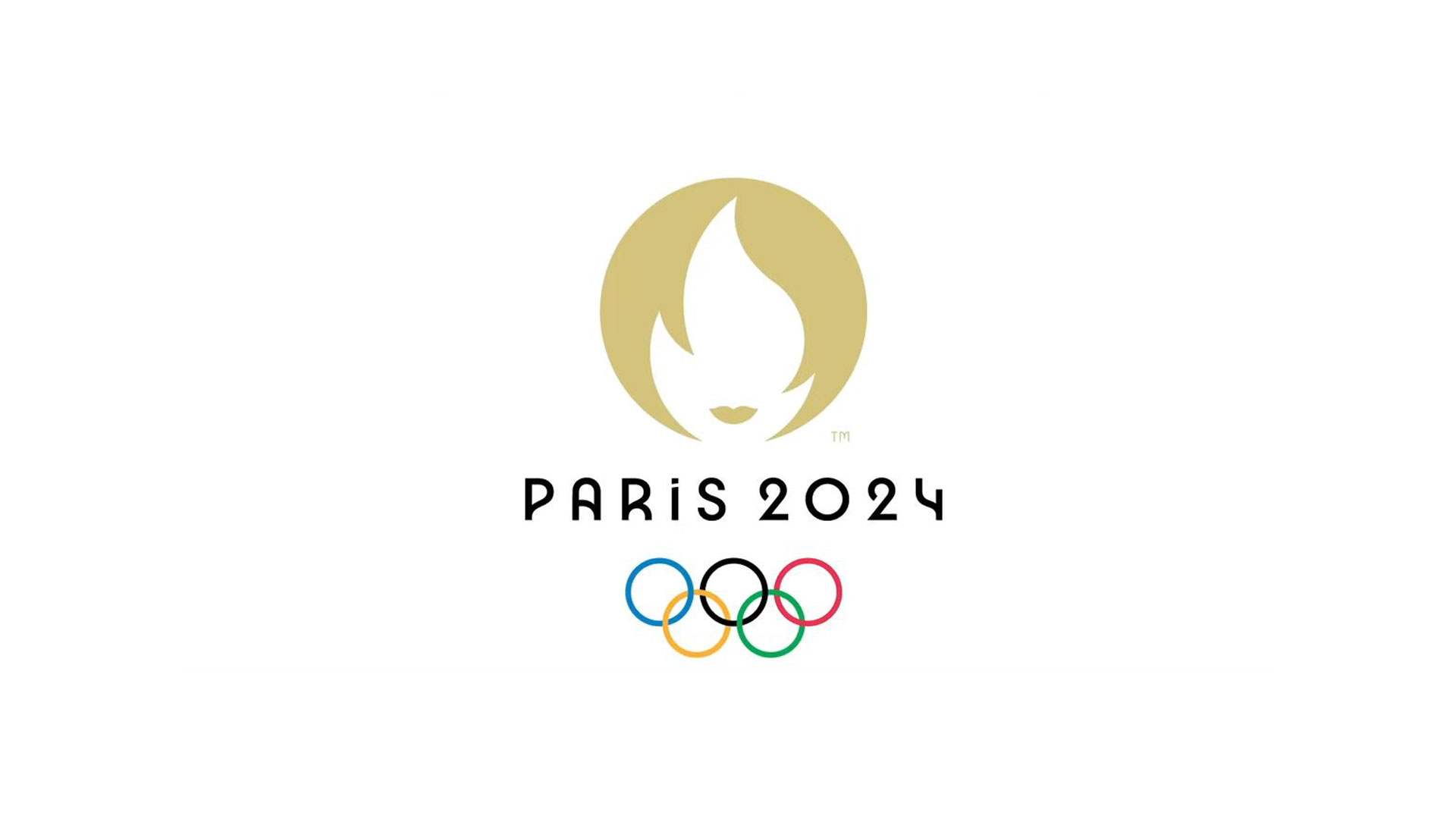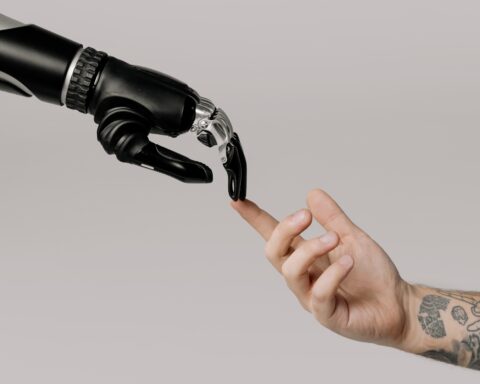In a landmark announcement that underscores the growing integration of technology in sports, International Olympic Committee (IOC) President, Thomas Bach, unveiled the Olympic AI Agenda in London, heralding the potential of artificial intelligence (AI) to revolutionise athlete training, talent identification, and the overall Paris Olympics experience.
Speaking at Olympic Park, Bach emphasised the transformative power of AI in reshaping the landscape of global sports.
Bach, a former Olympic gold medallist in fencing, emphasised the imperative for the Olympic movement to embrace change and innovation in the face of the burgeoning AI revolution. He stressed the need for a holistic approach to develop an overarching strategy for integrating AI into sports, ensuring the continued relevance and uniqueness of the Olympic Games in an evolving technological landscape.
“The potential of AI to support athletes is unparalleled,” Bach asserted, highlighting AI’s capacity to identify talent on a global scale and provide personalized training methods, advanced sports equipment, and individualized fitness programs.
Contrary to concerns in other sectors about AI replacing human involvement, Bach underscored that in sports, the essence of performance would always be delivered by athletes themselves.
The Olympic AI Agenda, developed by the IOC AI working group comprising global experts and athletes, aims to harness AI’s capabilities to enhance various facets of Olympic competition, including fairer judging, improved safeguarding measures, and enhanced spectator experiences.
Bach emphasized that while AI offers tremendous benefits, preserving athletes’ freedom of choice remains paramount, ensuring that individuals are not pigeonholed into specific sports based solely on AI assessments.
Former Olympic skiing champion, Lindsey Vonn, who joined Bach at the London event, expressed her enthusiasm for the role of AI in modern athlete preparation. Vonn noted the potential for AI to optimize training regimens, improve recovery times, and enhance overall performance both on and off the field.
She underscored how AI-based talent identification could democratize access to resources, particularly in regions lacking traditional scouting infrastructure, by utilizing readily available technology such as cell phones.
Vonn’s sentiments reflect a broader acknowledgment within the sporting community of AI’s transformative potential. By leveraging AI-driven insights, athletes can gain deeper understanding and optimisation of their physical capabilities, thereby maximising their competitive edge.
Vonn, who herself faced relentless harassment on social media prior to the 2018 Winter Games, hailed the use of AI technology as a significant step towards protecting athletes from cyberbullying and hate speech.
Speaking at the launch of the International Olympic Committee’s AI Agenda at London’s Olympic Park, Vonn recounted her distressing experiences of online harassment before the Pyeongchang Olympics in 2018. “Social media can be a very positive experience, but unfortunately, I’ve experienced the other side of it,” she said. “I was wildly harassed, and people were sending me death threats, and that was really hard for me.”
Vonn emphasized the toll that such online vitriol takes on athletes, particularly when preparing for the pinnacle of sporting competition. “You have enough, as an athlete trying to perform at the Olympics, than to deal with people that you know want you to ski off a cliff,” she remarked. However, she expressed optimism about the potential of AI to mitigate such abuse in real-time, enabling swift removal of harmful comments and facilitating legal action against perpetrators.
The introduction of AI-driven solutions to combat online abuse represents a significant advancement in the protection of athletes’ mental and emotional well-being. Vonn, who won Olympic gold in women’s downhill skiing at the 2010 Vancouver Games, lamented the absence of such technology during her competitive career, stating, “It would have saved me a lot of anxiety and emotional trauma.”
Kirsty Burrows, head of the IOC’s Safe Sport Unit, underscored the pervasive nature of online violence and its detrimental impact on athletes’ welfare. With an anticipated half a billion social media posts during the Paris Olympics, Burrows emphasized the urgent need for effective measures to counter online abuse. The IOC’s collaboration with a technology provider aims to utilize AI to create digitally safe environments for athletes and officials, detecting and removing hateful content before it reaches its intended targets.
The AI system, integrated with safeguarding services at the Games, will play a crucial role in ensuring the well-being of participants across various sports. Burrows highlighted the importance of understanding the prevalence of online abuse and developing data-driven policies to foster psychologically and physically safe environments for athletes. By harnessing the power of AI, the IOC seeks to empower athletes to thrive in their sporting endeavours without fear of online harassment or intimidation.
Moreover, AI’s ability to identify and nurture talent in underserved communities holds promise for fostering greater inclusivity and diversity within the Olympic movement.
The unveiling of the Olympic AI Agenda marks a significant milestone in the ongoing evolution of sports technology. As AI continues to permeate various aspects of athletic preparation and competition, its impact on the future of sports promises to be profound.
By embracing AI as a tool for empowerment and enhancement, the Olympic movement reaffirms its commitment to innovation, inclusivity, and excellence on the world stage.
Looking ahead, the integration of AI into Olympic practices heralds a new era of athletic achievement, where data-driven insights and personalized strategies converge to elevate the performance of athletes from every corner of the globe. As the countdown to the Paris Olympics commences, the Olympic AI Agenda stands as a testament to the enduring spirit of innovation that defines the Olympic Games and propels them into the future.






